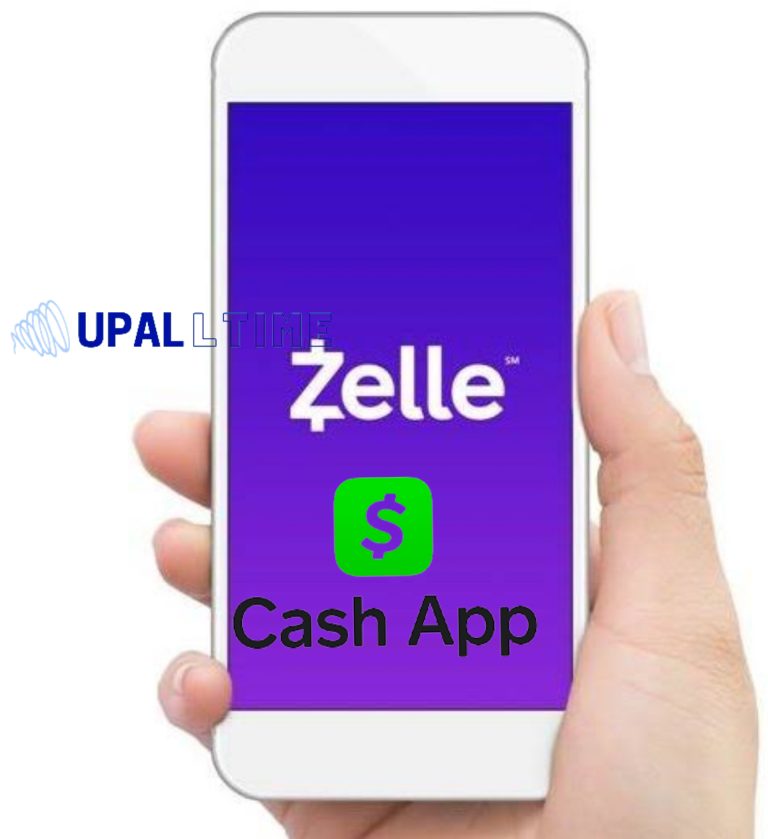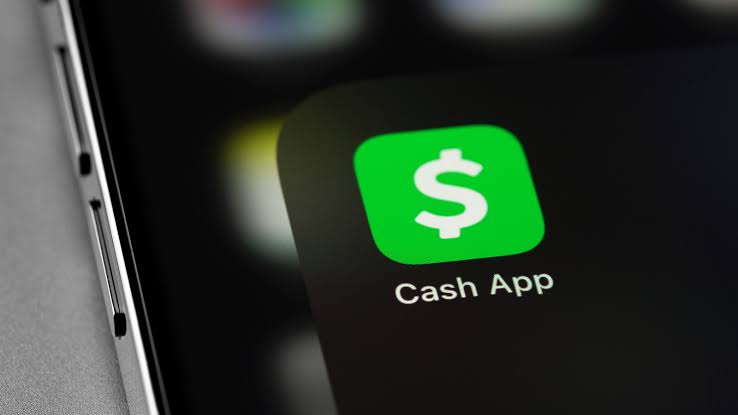Can You Venmo Yourself? See this amazing tips

Venmo allows users to send and receive money with just a few taps on their smartphones. But have you ever wondered if you can Venmo yourself? In this article, we will explore the concept of self-Venmo transactions and discuss the possibilities, benefits, and considerations associated with this practice.
Before moving into self-Venmo transactions, let’s take a moment to understand what Venmo is all about. Venmo is a mobile payment app owned by PayPal that enables users to transfer money to friends, family, and businesses. It provides a convenient way to split bills, pay for purchases, and send money to others without the need for cash or physical checks. With its user-friendly interface and social media-like features, Venmo has gained popularity among millennials and Gen Z users.
Exploring Self-Venmo Transactions
Now, let’s turn our attention to self-Venmo transactions. In simple terms, a self-Venmo transaction refers to the act of sending money from your Venmo account to your own Venmo account. While it may sound peculiar at first, there are various reasons why individuals choose to Venmo themselves.
What are self-Venmo transactions?
Self-Venmo transactions involve transferring funds from one’s Venmo account to their own Venmo account. This can be done by linking a bank account or debit card to the Venmo app and initiating a transfer. The funds essentially move from one digital wallet to another, allowing users to manage their finances conveniently.
How to Venmo yourself?
Venmoing yourself is a straightforward process. First, ensure that you have a Venmo account and have linked it to a valid funding source. Then, follow these steps:
- Open the Venmo app on your smartphone.
- Tap on the “Pay or Request” icon.
- In the “To” field, enter your own Venmo username, phone number, or email address.
- Specify the amount you wish to transfer.
- Add a note or memo if necessary to track the transaction.
- Finally, tap “Pay” to complete the self-Venmo transaction.
Benefits of Venmoing Yourself
Venmoing yourself offers several advantages that make it a useful tool for managing your finances and day-to-day transactions.
Convenient fund transfers
One of the key benefits of self-Venmo transactions is the convenience it offers in transferring funds. Whether you need to move money between your accounts, cover expenses, or simply organize your finances, Venmo provides a quick and hassle-free solution.
Managing personal finances
Venmoing yourself can be an effective way to keep track of your personal finances. By consolidating your funds in one account, you can easily monitor your income, savings, and spending patterns. This helps in budgeting, setting financial goals, and achieving better financial discipline.
Splitting expenses
When you go out with friends or share expenses with roommates, Venmoing yourself can simplify the process of splitting bills. Instead of collecting cash or waiting for reimbursement, you can pay the full amount and then Venmo yourself the respective shares, ensuring a fair and convenient settlement.
Potential Use Cases for Self-Venmo Transactions
While self-Venmo transactions are primarily used for personal financial management, there are several potential use cases where this practice can be beneficial.
Savings and budgeting
Venmoing yourself can be an effective strategy for savings and budgeting. By setting up automated transfers from your main bank account to your Venmo account, you can create separate “savings buckets” and allocate funds for specific purposes, such as emergencies, vacations, or future investments.
Small business transactions
For individuals running small businesses or freelancing, self-Venmo transactions can streamline financial operations. It allows business owners to separate personal and business finances, record transactions, and simplify accounting processes. Additionally, it can serve as a tool for paying vendors, contractors, or suppliers conveniently.
Paying back loans or debts
Venmoing yourself can be a useful method for repaying loans or debts to yourself. Whether it’s a personal loan or an amount borrowed from your savings, you can initiate regular payments to ensure timely repayment while maintaining a clear record of the transactions.
Ensuring Security and Privacy
When engaging in self-Venmo transactions, it’s important to prioritize security and protect your personal information.
Tips for secure self-Venmo transactions
To enhance the security of your self-Venmo transactions, consider the following tips:
• Enable multi-factor authentication to add an extra layer of security.
• Regularly review your transaction history and account settings for any suspicious activity.
• Set up a strong and unique password for your Venmo account.
• Avoid sharing sensitive information or personal details through Venmo’s public feed or comments.
Protecting your personal information
While Venmo offers a secure platform, it’s essential to exercise caution when sharing personal information. Avoid sharing sensitive details such as your Social Security number, bank account numbers, or credit card information through the Venmo app. Stick to using Venmo for legitimate transactions and be wary of any suspicious requests or offers.
Potential Limitations and Considerations
Before fully embracing self-Venmo transactions, it’s important to consider certain limitations and potential implications.
Transaction fees and limits
Venmo imposes certain fees and transaction limits that may impact self-Venmo transactions. For instance, there might be fees for instant transfers or limits on the maximum amount you can transfer within a specified time period. Familiarize yourself with Venmo’s terms and conditions to understand the applicable fees and limits.
Tax implications
While self-Venmo transactions are primarily personal transfers, it’s advisable to consult a tax professional regarding any potential tax implications. Depending on the nature and purpose of the transactions, they may have an impact on your financial reporting or tax obligations.
Alternatives to Self-Venmo Transactions
Although Venmo is a popular choice for peer-to-peer transactions, there are alternatives available if self-Venmo transactions don’t align with your preferences or requirements.
Other peer-to-peer payment apps
Several other mobile payment apps, such as PayPal, Zelle, Cash App, and Google Pay, offer similar functionality to Venmo. Explore these alternatives to find the platform that best suits your needs.
Traditional banking methods
If you prefer a more traditional approach, you can rely on traditional banking methods for fund transfers and managing your finances. This includes wire transfers, checks, or direct deposits, depending on your specific requirements.
In conclusion, self-Venmo transactions provide a convenient and efficient way to manage your finances, transfer funds, and streamline day-to-day transactions. Whether you’re looking to consolidate your funds, split expenses, or simplify small business transactions, Venmoing yourself can be a useful tool. However, it’s crucial to prioritize security, be aware of any limitations or fees, and consider potential tax implications. By leveraging the benefits of self-Venmo transactions while being mindful of the considerations, you can optimize your financial management and enjoy the convenience of digital payments.
FAQs
1. Are self-Venmo transactions secure?
Yes, self-Venmo transactions are generally secure. However, it’s important to follow security best practices, such as enabling multi-factor authentication, setting up a strong password, and avoiding sharing sensitive information.
2. Can I use self-Venmo transactions for my small business?
Yes, self-Venmo transactions can be useful for small business owners. It allows you to separate personal and business finances, track transactions, and simplify accounting processes.
3. Are there any fees for self-Venmo transactions?
Venmo may impose certain fees for instant transfers or large transactions. Familiarize yourself with Venmo’s fee structure to understand the applicable charges.
4. Can self-Venmo transactions have tax implications?
While primarily personal transfers, self-Venmo transactions may have tax implications depending on their purpose and nature. It’s advisable to consult a tax professional to understand any potential tax obligations.
5. What are the alternatives to self-Venmo transactions?
If self-Venmo transactions don’t align with your preferences, you can explore alternatives such as PayPal, Zelle, Cash App, or traditional banking methods like wire transfers or checks. Choose the platform that best suits your needs.






